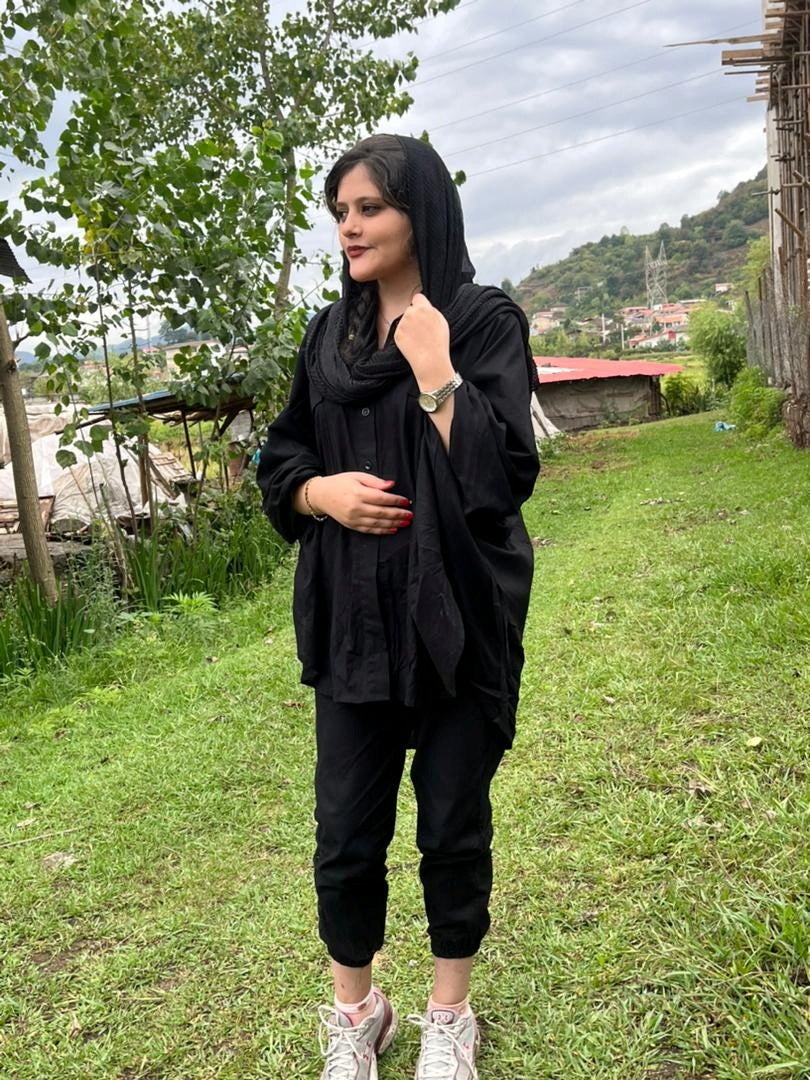Iran executes man, 23, with mental health condition over Mahsa Amini protests
Right group denounce execution of Mohammad Ghobadlou and call it ‘extrajudicial killing’
Iran has executed a 23-year-old protester with a mental health condition over alleged crimes committed during nationwide Mahsa Amini protests in 2022.
Mohammad Ghobadlou was executed early on Tuesday on charges of killing a local official and injuring five others after he ran them over in his car during a rally in the town of Parand near the capital of Tehran.
“After being upheld by the Supreme Court, the death penalty against defendant Mohammad Ghobadlou has been implemented early this morning,” Mizan reported.
He was first sentenced to death in November 2022 after he was held guilty of “corruption on earth”, a crime punishable by death, for allegedly attacking the officer.
The stay was granted on the ruling by the Supreme Court in February 2023. His mental health was ordered to be considered, according to Mehr news agency.
His lawyer, Amir Raesian, said on X (formerly Twitter), that the execution of Ghobadlou “was completely illegal” as he had the right to appeal the death sentence after the Supreme Court overruled the death penalty.
He said the execution would account for “murder” and they were not notified about a ruling regarding his client.
Mizan rejected the reports that his sentence was overturned. It said the sentence was upheld by one of the branches of the Supreme Court.
“If Mizan news agency is telling the truth, it should announce the number and date of issuance of this verdict,” Mr Raesian said in a statement on X.
Amnesty denounced the execution of Ghobadlou, calling it “grossly unfair sham trials marred by torture-tainted confessions and failure to order rigorous mental health assessments despite (Ghobadlou’s) mental disability”.
Amnesty said Ghobadlou had been under the care of a psychiatric hospital for bipolar disorder since the age of 15. International law and standards explicitly discourage the use of the death penalty in cases involving individuals with mental disabilities, according to the rights group.
Ghobadlou’s execution was the ninth reported by the authorities since the protests started in the fall of 2022, according to a count by The Associated Press.
Unrest gripped Iran in 2022 following months-long anti-government protest after Mahsa Amini, 22, died after being detained by the morality police for not wearing the mandatory Islamic veil, or hijab, properly.

The demonstrations sparked by Amini’s death on 16 September 2022 died down following a heavy crackdown on dissent in which more than 500 protesters were killed and over 22,000 detained.
Norway-based Iranian human rights group Iran Human Rights (IHR) called the latest execution “extrajudicial killing” by the Iranian government.
Mahmood Amiry-Moghaddam, director of the group, said “the Islamic Republic’s leader Ali Khamenei and his Judiciary must be held accountable for this crime. This execution must be met with strong international condemnations!”
The United States Commission on International Religious Freedom said it is “gravely alarmed by reports” of his execution.
“We urge the US to lead multilateral pressure on Iran to immediately drop these charges,” it said.
Hours before his execution, the family members and relatives of Ghobadlou gathered outside the prison where he was kept in detention for more than 480. A video of the mother of Ghobadlou showed her screaming “you killed my Mohammad”.
His mother said earlier this month that her son was sick during a protest outside the prison in the Iranian city of Karaj.
“My child is sick, he has a medical file, but they don’t want to accept,” she shouted in one of the videos.
In October, Iranian teenager Armita Geravand, 16, died in hospital after she fell into a coma after an alleged altercation with the country’s morality police on a Tehran metro train.
Join our commenting forum
Join thought-provoking conversations, follow other Independent readers and see their replies
Comments
Bookmark popover
Removed from bookmarks